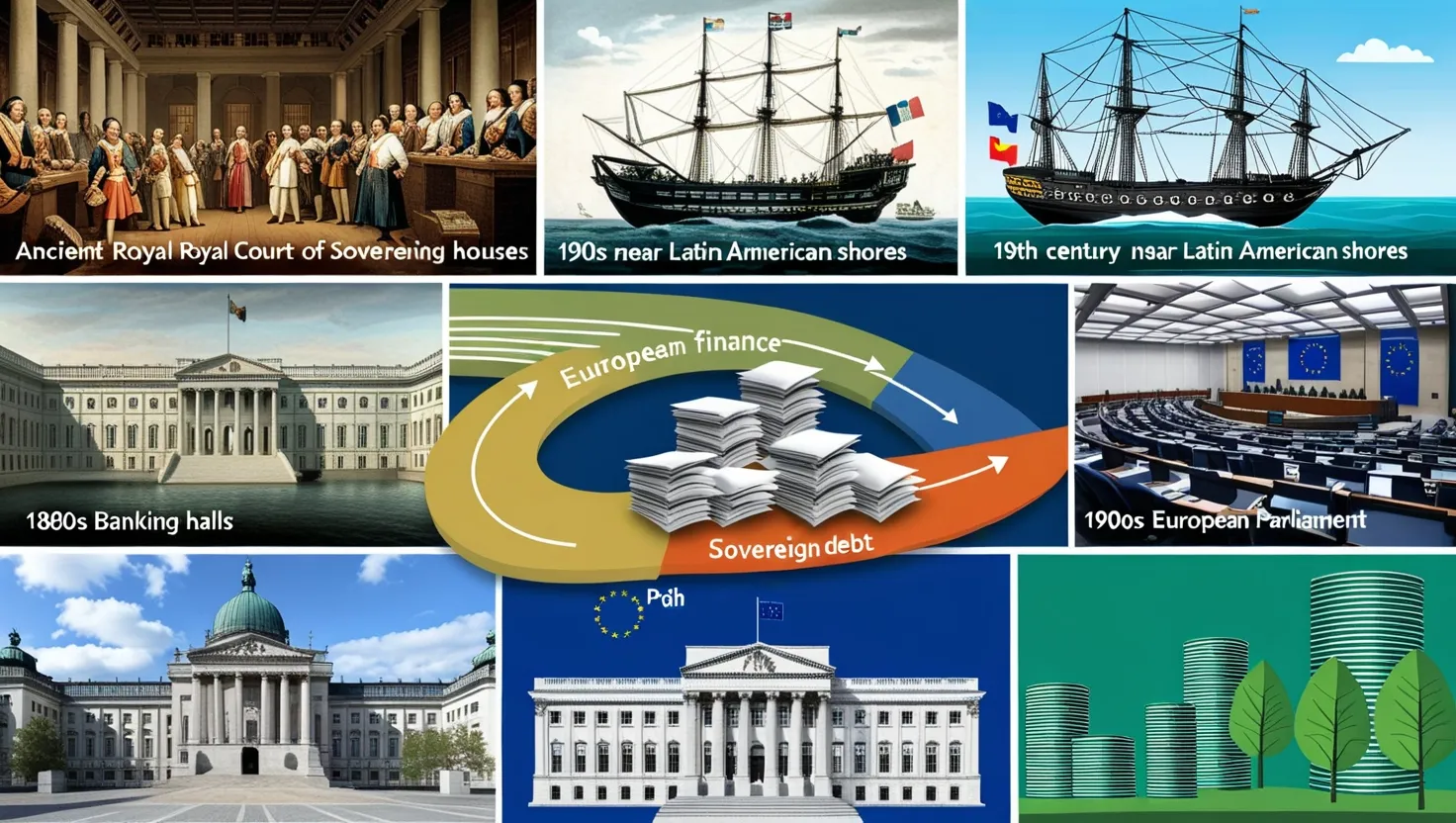We all remember the old advice: avoid strangers, never share personal info online, and definitely don’t stay at a stranger’s house. But now, thanks to Airbnb, we’re doing exactly the opposite. This shift in how we think about travel is extraordinary, and Airbnb has played a massive role in creating a sharing economy where renting out your home to strangers is a norm.
Airbnb is a giant in the world of travel, valued at $38 billion with more rooms than the largest hotel chains. But how did it all begin? The 2008 global recession opened up a unique opportunity for Joe Gebbia and Brian Chesky, who were living in San Francisco. Faced with a steep rent hike and an upcoming design conference with no available hotels, they decided to rent out airbeds in their apartment. Their website, AirbedAndBreakfast.com, offered a solution to conference-goers and breathed life into their business idea.
Their initial success with the conference in San Francisco led them to try the same model at South By Southwest in Austin, Texas, though it didn’t quite take off. However, a political opportunity in 2008 during the Democratic National Convention in Denver helped them gain national attention—and more importantly, listings. They hit 800 listings in just four weeks.
Financial struggles were a constant companion, and no investor seemed interested. To self-finance, Joe and Brian created politically-themed cereal boxes named Obama-O’s and Cap’n McCain, selling them for $40 each. This creative stunt generated $30,000 and caught the eye of Paul Graham from Y-Combinator, who was impressed not by their business model but by their creative hustle. With Y-Combinator’s backing, they raised $600,000 and rebranded as Airbnb.
The timing couldn’t have been better. The global financial crisis made people eager to find new ways to make money, and Airbnb turned homes into income-generating assets. But growth wasn’t instant. Early on, they made just $200 a week. To improve, they offered free professional photography to hosts, enhancing the appeal of listings and optimizing their site’s design based on user feedback.
Brian even lived exclusively in Airbnbs for many months to understand the user experience better. This user-focused approach drove growth, and by 2011, Airbnb had homes in 89 countries and hit one million listings. Investments followed, including from celebrity Ashton Kutcher, and unique listings like a private island or a treehouse captured the public’s imagination.
By 2012, Airbnb hit 10 million users and has since boomed to 150 million users in over 100,000 cities, with 2 million people staying in an Airbnb on any given night. Airbnb’s innovative approach continues to redefine travel accommodation, establishing it as a juggernaut in the industry. So next time you’re booking a place to stay, chances are you’ll consider Airbnb.
From its humble beginnings to becoming a game-changing travel platform, Airbnb’s story shows how innovation and perseverance can turn challenges into groundbreaking opportunities.






